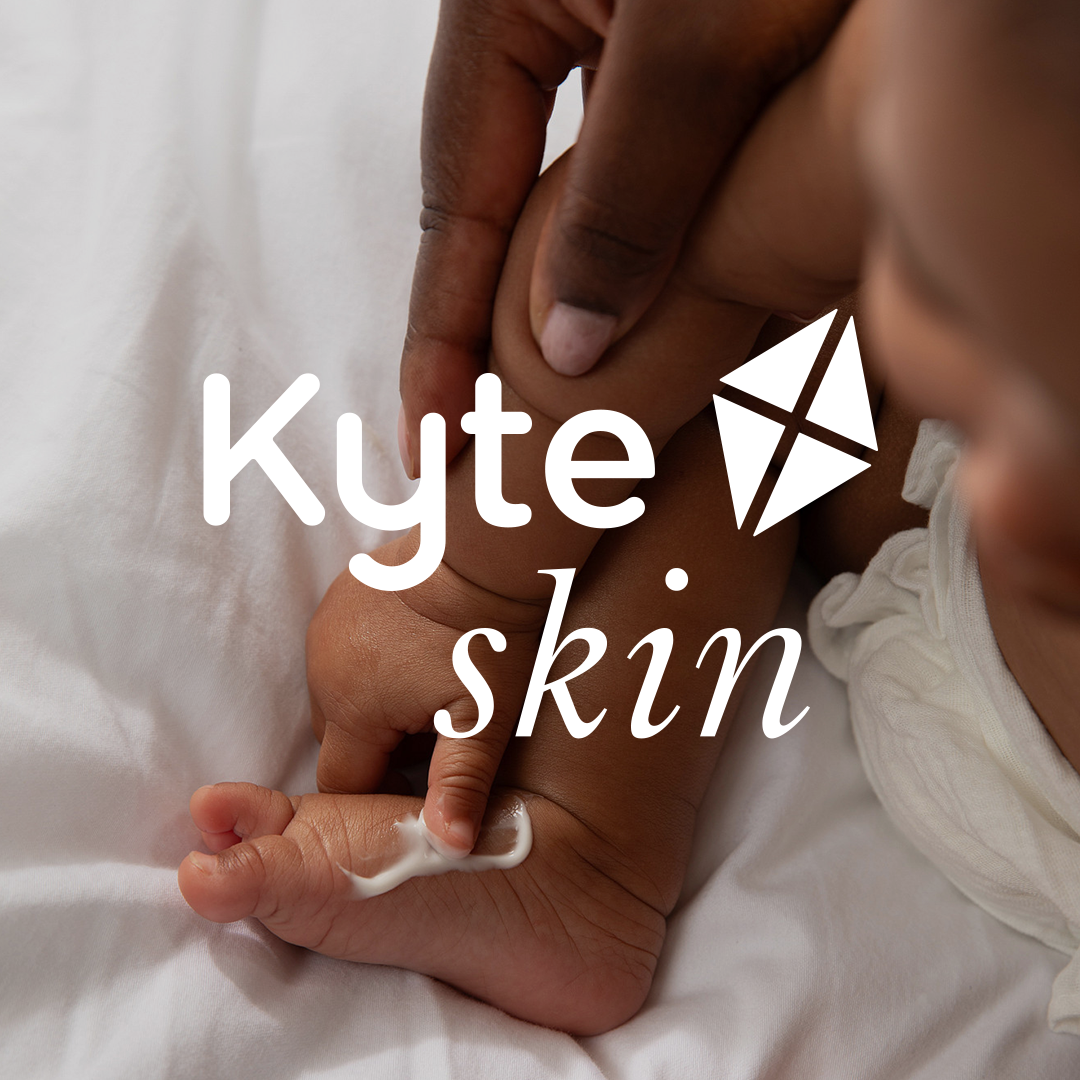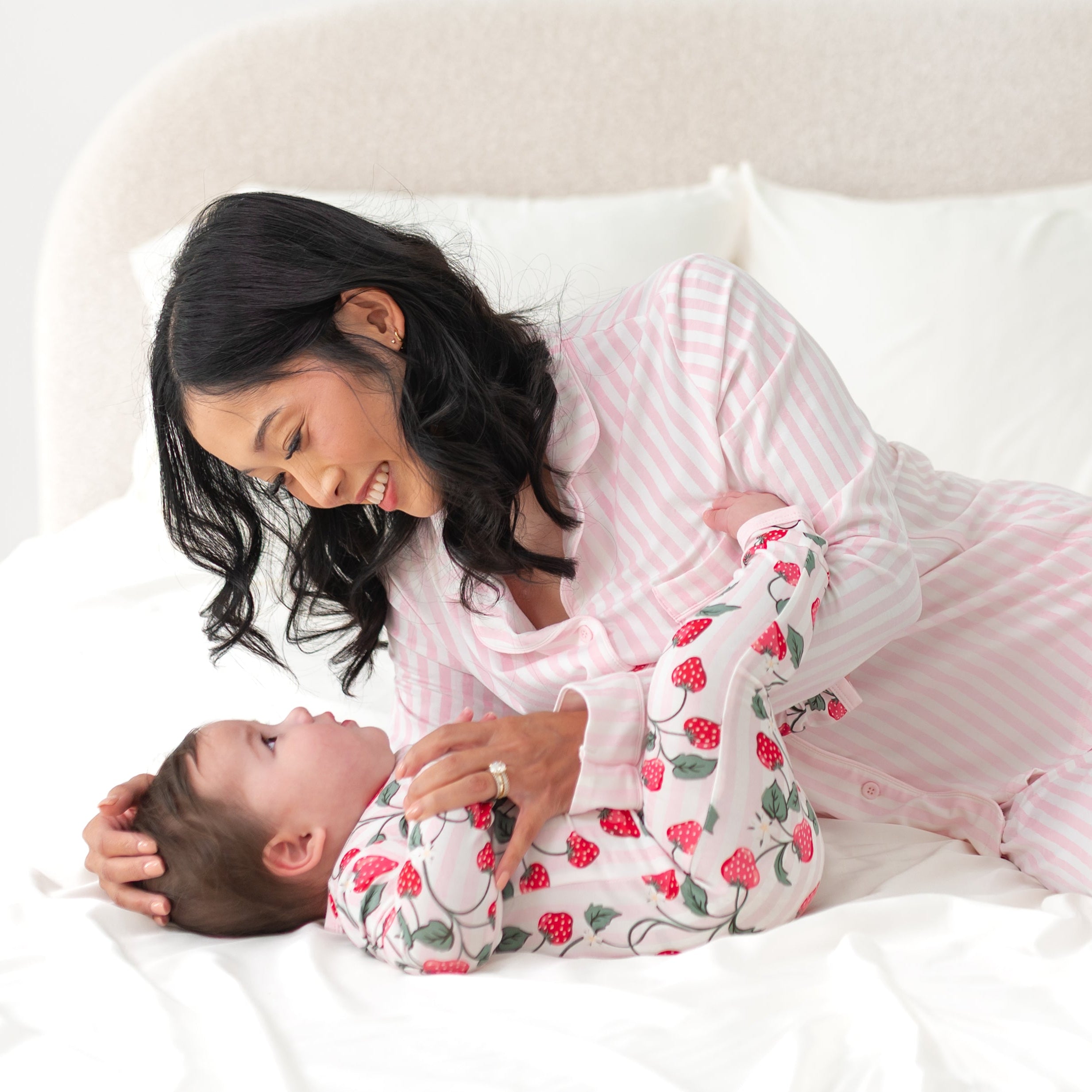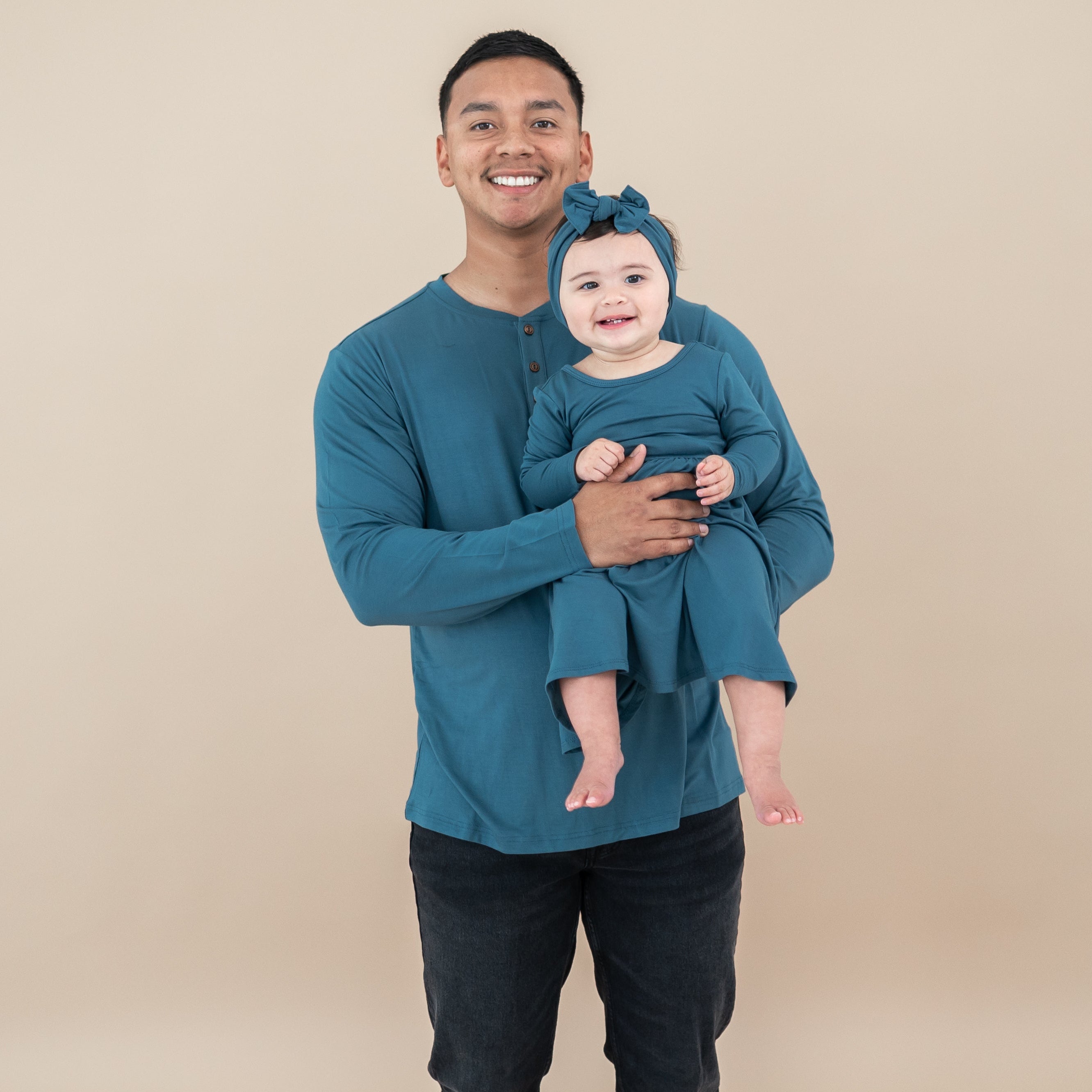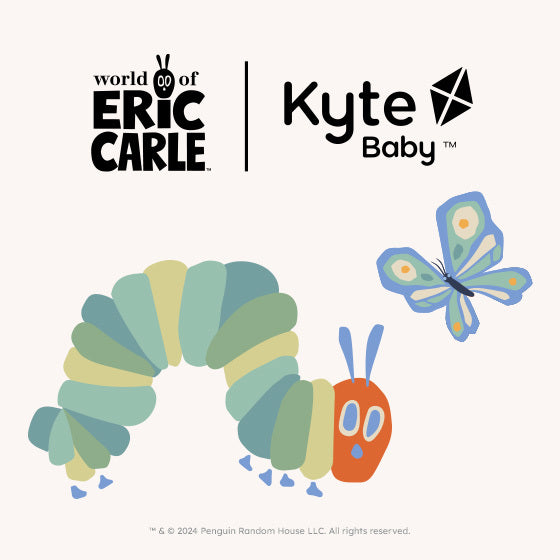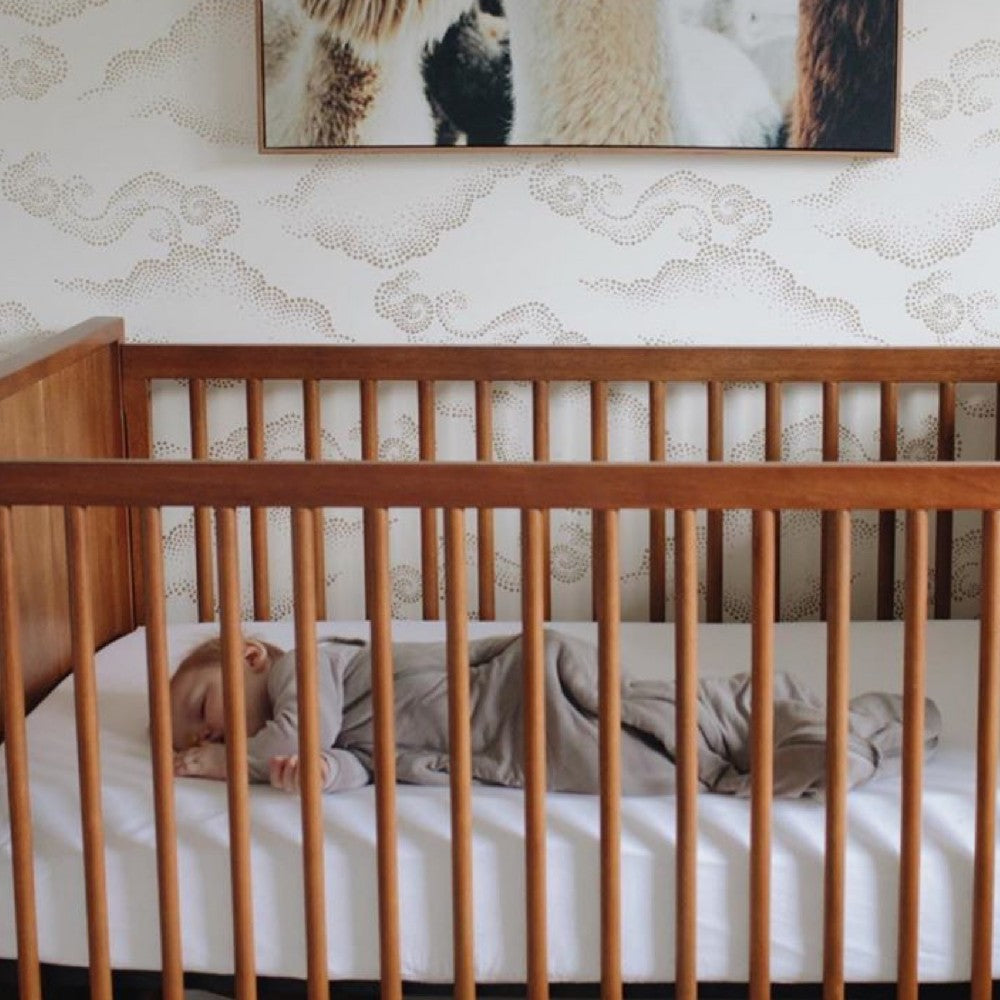
I will start this blog off with a disclaimer because there are a lot of misconceptions about what sleep training is and what it consists of. There can be a somewhat limited view of sleep training in general, so we will talk about age appropriate sleep expectations and incorporate what “sleep training” can be for each age!
Sleep training is not synonymous with cry it out (CIO) or night weaning. You can sleep train with CIO and use sleep training to wean night feedings but that does not mean it is an all or nothing thing.
It is also not neglectful, damaging, withholding food, or following a rigid schedule.
I would personally define “sleep training” as sleeping independently without sleep props or assistance in falling asleep. You can attempt this at any age!
If you’ve had a baby, you’ve been sleep training since the minute they were born. This is conditioning them to sleep with things like swaddles, pacifiers, nursing, swings, white noise, routines… they all make up sleep training!

So let’s talk about sleep expectations as a newborn and what a healthy sleep foundation may look like. The number one priority for newborn sleep is to respect their need for sleep with short wake periods. Most newborns cannot handle long wake periods without becoming overtired and impacting their sleep negatively. This is because they are very sensitive to cortisol which is what is released to give them a “second wind”. That rush of cortisol can make it very difficult for you to settle your baby to sleep and more difficult for them to stay asleep.
Most newborns have very short wake periods where all they do is eat, change a diaper, and go back to sleep. This doesn’t always give you a big opportunity to try laying them down awake and letting them fall asleep on their own. You may even have a honeymoon phase with very sleepy newborns who go to sleep easily with little to no soothing on your part!
On the other hand, some newborns are so sensitive to timing that if you miss the mark by 5 minutes, you have a disaster on your hands.

The average amount of time spent awake in the first 8 weeks is about 45-60 minutes. Which isn’t a ton of time when you’re trying to feed them, change them, and incorporate some tummy time. It’s very easy to miss their sleep cues and sleep window.
When that happens, they will usually require a more optimal sleep environment and more soothing in order to fall asleep.
However, when you get the timing right, you may very well be able to do a short nap routine (like change their diaper, swaddle them, turn on their white noise, sing them a lullaby) and lay them down for them to settle to sleep on their own.
Remember, sleep is not a skill or developmental milestone. Sleep is a biological process in the body that does not need to be taught. No one was doing that in the womb for them, however they did get soothed a lot by motion and the noise in your womb so that’s typically what they will require to soothe on the outside too!

Therefore, independent sleep or “sleep training” is just practice for newborns in the fourth trimester! There are no rules whatsoever. You can hold your baby, wear your baby, rock your baby, or feed your baby to sleep whenever you’d like. You can also let them practice going to sleep in a bunch of different ways, even on their own.
But that is all it is, practice. It isn’t a surprise if your newborn needs a lot of help to fall asleep, but it’s also not out of the realm of possibility for them to settle to sleep if the timing is right either! You may find they are most successful at doing this at bedtime and their first nap of the day.
It is also important to help your little one establish their circadian rhythm through environmental cues because newborns are not yet producing melatonin. Which means it is very easy for them to have their days and nights confused! Frequent daytime feedings while being exposed to light and keeping it dark at night time will help their body regulate.

Most professionals agree that practices like CIO/extinction or Ferber/controlled crying (also known as separation based sleep training methods) are not to be used until they have developed object permanence sometime between 4-7 months. There is some evidence of object permanence developing as early as 3 months, but there are plenty of gradual and responsive sleep training methods to use for all ages-- so again, you’re not limited to those 2 options when changing sleep habits in your family.
Here is a guide to gradual sleep training options.
I often find age recommendations are centered around when a baby may be able to sleep for a longer stretch of time at night without feedings as a good time to start, but you can feed as often as you’d like while practicing independent sleep at bedtime and/or for naps.
So to sum up when you can begin sleep training, you can practice (emphasis on the practice) independent sleep and soothing to calm or even to sleep as a newborn, but any separation based training methods would be best suited for 4+ months old!

Remember that routines can start as early as day 1 so that can aid in layering sleep associations for better sleep as well as acceptance of sleep.
On the opposite side of the spectrum, while some wonder if it’s too early to sleep train, others wonder if it’s too late! Habits around sleep can change at any age so it’s never too late to work on sleep if needed.
Author Bio: Ashley Olson is a certified pediatric sleep consultant, owner of Heaven Sent Sleep, and passionate about helping new parents, experienced parents, desperate and sleep-deprived parents form healthy sleep habits for their children.
She has over 3 years of experience in working with families and has completed over 150 hours of coursework plus continuing education related to infant and toddler sleep. The focus of her work is on fostering a routine that grows your bond with your child while improving their sleep habits. She specializes in custom sleep plans and one on one support in changing sleep practices!

